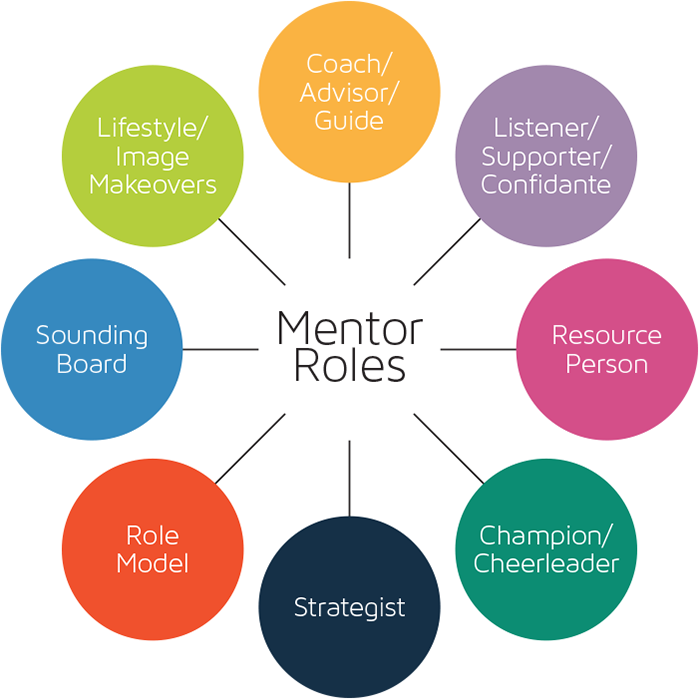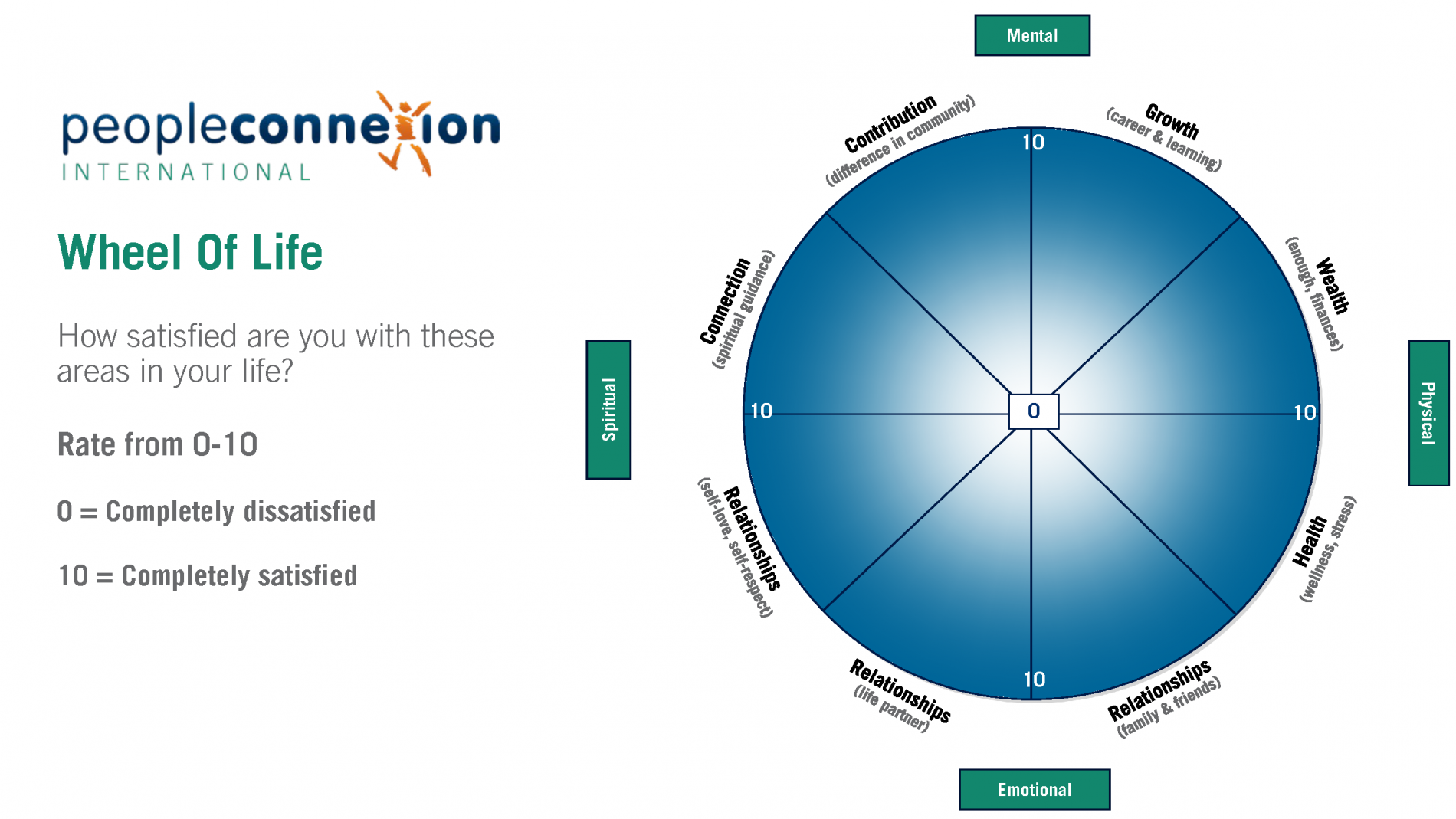3 Tips for Building a Successful Mentoring Relationship
Mentoring is a brain to pick, an ear to listen and a push in the right direction – John C. Crosby
If there’s one red-hot skill popping up in job descriptions across the world, it’s mentoring.
From our experience in the recruitment and training arenas, the demand for professionals with mentoring skills is growing at lightning pace.
In Australia alone, Google searches for mentoring programs have increased 40% in the last 12 months. After conducting our Papua New Guinea Salary Survey a few months ago, the clear need for structured mentoring programs in PNG has become extremely apparent.
With demand for mentors at an all-time high, this raises the question: how can you develop a mentoring relationship with real impact?
Over the past couple of months, we’ve been on our own journey of mentoring, going into partnership with Papua New Guinea’s Business Coalition for Women to roll out mentoring to aspiring professionals in Papua New Guinea with our new Mentoring Matters program! Watch this space! From my years mentoring staff, clients and candidates, here is what I’ve learned about building successful mentoring relationships:
1. You get out what you put in – mentoring takes time, energy and effort.
Mentoring relationships come in many shapes, sizes and forms, each with their own unique value and style.
From a quick search on LinkedIn, you can find videos of Fortune 500 CEOs speaking about their mentor’s influence on their career journey; sports stars thanking their mentor for encouraging them; and valedictorians crediting their success to the support of their mentor.
There really is no ‘right’ or ‘wrong’ way to be a mentor.
That being said, mentoring takes time, energy and effort. Very few people have a lasting and measurable impact on others without genuinely putting in the hard yards to make a difference.
For good intentions to translate into reality, it’s important to ensure you and your mentee:
- Set a regular time to meet
- Develop and review goals regularly – do what you say you?ll do
- Keep track of progress and celebrate the wins
2. Being a mentor is not about instruction. It’s about coaching and facilitating.
As a mentor, you need to be flexible to your mentee’s needs and willing to change up your style to fit new circumstances. It’s important to be aware of the nuances of the role and be open to trying something new.
In my research, I stumbled across this fantastic diagram summing up some of the roles a mentor takes on during a mentoring relationship:
The common thread these roles share is their function as guides and supporting figures, not positions of authority or control. There is a difference between telling, and empowering someone to learn by showing.
In the end, mentees need to be free to make their own mistakes and come to their own conclusions as part of the learning and mentoring process. As they learn and find their feet, it can be useful to try different styles of mentoring to find what ‘sticks’.
3. Collaborate with your mentee to clarify their goals.
From my experience, it’s important to spend some time in the first session together finding out what your mentee’s clear goals are.
For years, I have consulted to clients, candidates and my own staff about the importance of aligning your actions with your values and goals. One of the easiest and most effective tools I’ve found in empowering people to clearly identify where their goals and priorities lie is the Wheel of Life.
Wheel of Life
In short, the Wheel of Life is a tool to assist professionals in identifying what is important to them and how well they feel they are fulfilling that particular area of their life.
To complete the exercise, print out the image below and ask your mentee to rate how satisfied they are with each area of their life (represented by each segment of the wheel) by marking a point along the wheel from 0 – 10.
Once this is complete, join the dots between segments and review using the questions below:
- Does this surprise you?
- Which areas are higher than you thought?
- Which areas are lower than you thought?
- Does this line up with what you value?
- Which areas are most important to you?
- How can you make changes to improve those areas?
- What changes can you make before our next session in two of those areas?
- What can we commit to for next session?
As we continue on our mentoring journey throughout the remainder of the year, we’ll be sharing more information about mentoring and coaching, in addition to resources you or your organisation can use to roll out a mentoring program.
If you’re interested understanding how the Peopleconnexion Training & Development team can assist your organisation in rolling out mentoring programs, please don’t hesitate to contact us for more information: www.peopleconnexion.com/training/contact-us

